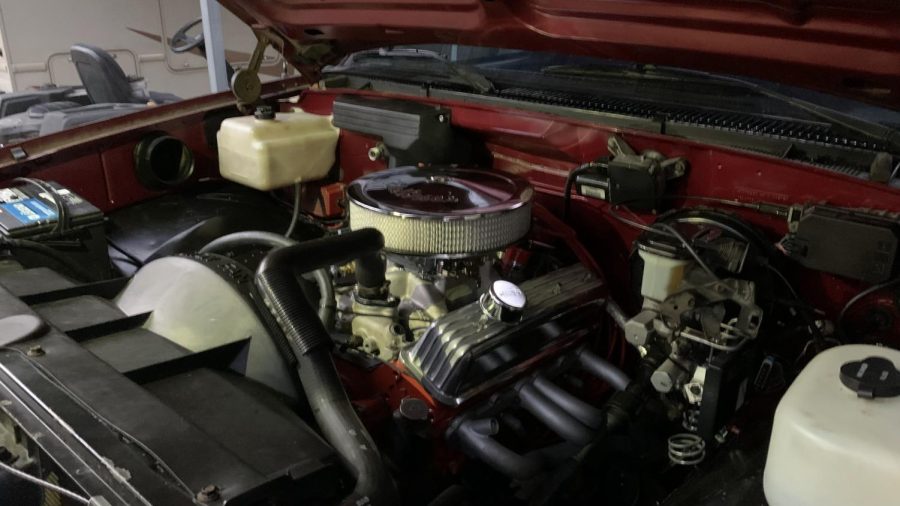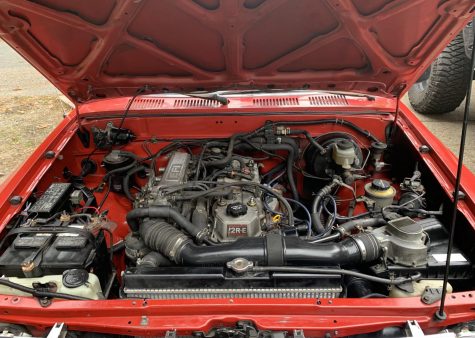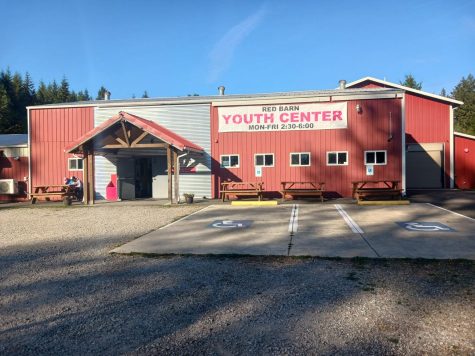General Vehicle Up-Keep
November 21, 2022
In today’s world, there are countless cars on the road every day. In order to keep a car running effectively and efficiently there are many things to keep in mind when owning a car. Some are more important than others, but all can and will start to become an issue if not taken care of. One of the most knowledgeable is the engine oil. To keep an engine running smoothly, it is crucial to track how often there is an oil change and what types of oil goes into your engine. A quick way to find out how often and type of oil is to check your owner’s manual. It’s always a smart idea to write down the frequency of oil changes in the manual.
If you’re uncomfortable with changing your oil, it’s very common to bring your vehicle in to a professional lube technician; this will almost always be the more expensive route, though usually done very cautiously. Now, if you feel like getting dirty, it’s a great way to gain knowledge of your engine to do the change yourself; every car is a little different it is almost always the same process. To simplify the process, you would be draining the old oil from the vehicle then adding a new filter to clear any debris in the oil, and of course, add your new oil.
Everybody knows that engines create heat, this is due to the combustion of pressured air and gas, and also friction from the moving components in the engine. It’s a very common event for a car that is not checked frequently to overheat. A very simple way to prevent this would be to change your radiator fluid. The radiator holds fluid, this should be a mix of antifreeze* and water (this can also be found in the owner’s manual). Most radiators are directly behind the bumper so that air may pass through, cooling the fluids that rotate through the engine and preventing failure. On top of the radiator will be a cap and on the bottom of the radiator is a bolt that is removed to empty the fluids so that they may be replaced. These fluids can get dirty from buildup and get clogged, not allowing for proper flow. This causes the engine to get too hot and expand, warping the metal and making the seals inoperable.
During these colder days, it’s never a bad idea to get your engine running and warming up for a couple of minutes before driving away. Changing temperatures quickly can do very serious damage to your engine. The engine could crack from the change, it could also damage the moving components because they won’t be properly lubricated when you first start your vehicle. Allowing time for the oil to get the right viscosity** and cover the moving parts can allow your car to go noticeably further without causing damage to the engine.
*Antifreeze ( A special fluid to prevent the fluids from freezing, and prevent the engine’s core components from expanding and breaking.)
**Viscosity (A measurement of how thick the engine oil is, or “resistance of flow”)













